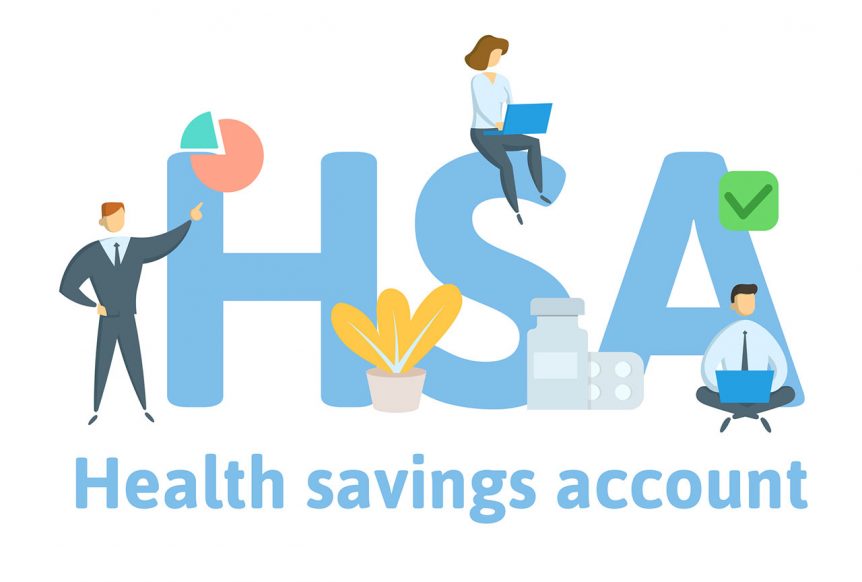How to Use an HSA for Medical or Retirement Savings
A Health Savings Account (HSA) is a benefit designed by the federal government to be available long term – beyond employment and into retirement – to cover qualified out-of-pocket medical costs when paired with an HSA qualified health plan.
For example, a high deductible health plan (HDHP) paired with an HSA can help organizations cut costs while also providing their employees tax savings on medical expenses. Since HSA qualified health plans typically cost significantly less than traditional plans, many employers opt to fund an HSA for each eligible employee to offset the increased the deductible of the HDHP. The employee can then decide to use the funds immediately for eligible expenses or may decide to let the funds grow long-term to cover medical expenses in retirement.
An HSA is essentially like a 401(k) for health care. It is a tax-favored, interest-bearing account that employees use to pay for qualified medical expenses, either now or in the future. Paired with a qualified high deductible health plan (HDHP), an HSA is a powerful financial tool that gives employees more control of their health care decisions and offers significant tax savings:
- Pre-tax or tax-deductible contributions
- Tax-free interest or investment earnings
- Tax-free distributions, when used for qualified medical expenses
Lower insurance premiums. Moving to a HDHP/HSA can help companies save on health insurance premiums because HDHPs are often more cost-effective than traditional health plans.
FICA savings. When employees contribute to their HSAs pre-tax, the IRS doesn’t consider those contributions wages. That means that both the employee and the employer do not have to pay FICA taxes on them.
Lower annual premium increases. As employees take ownership over their health and become more involved healthcare consumers, employers may see lower increases on annual premiums.
Visible benefit. A cash deposit into an HSA is a very visible addition to an employee’s total compensation package. Whereas additional dollars spent on employer paid health care premiums are usually overlooked or unknown. HSAs are portable and employees appreciate this feature, even if they are not planning to leave the company. Because HDHPs/HSAs can help employees save money and invest for the future, they’re a great addition to any benefits package.
Any size company may offer HDHPs and HSAs. A small company can compete with larger employers in offering this benefit, making it easier for small companies to compete for employees in a tight labor market.
Plan flexibility. The HDHP premium and the employer contribution to employees’ HSA accounts are independent and can be changed annually. Flexible plan design means employers and employees can adapt this medical plan option according to their changing business needs.
How benefEx Can Help
At benefEx, we’re here to help you during these unique times. Contact us to find out how we can help you navigate the current, ever-changing employment and benefits landscape.

